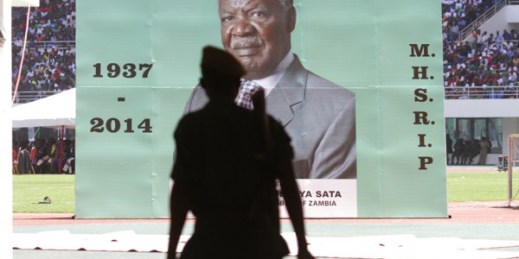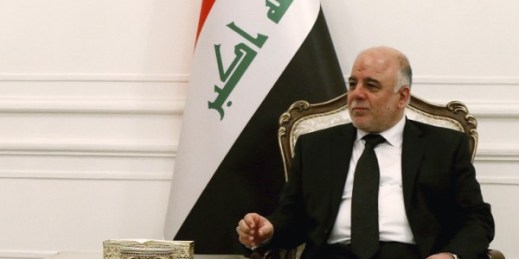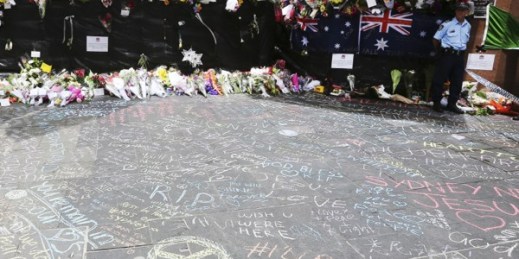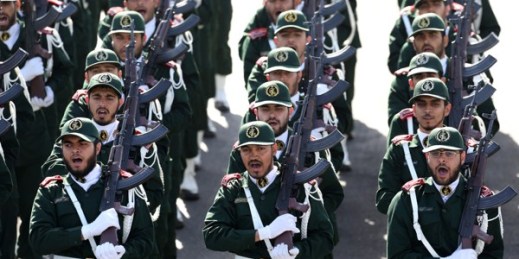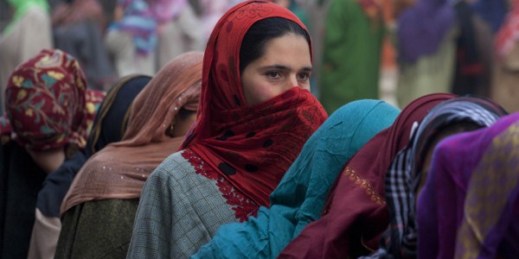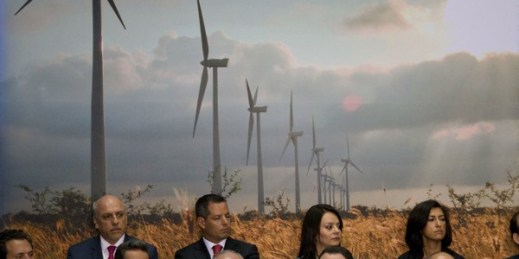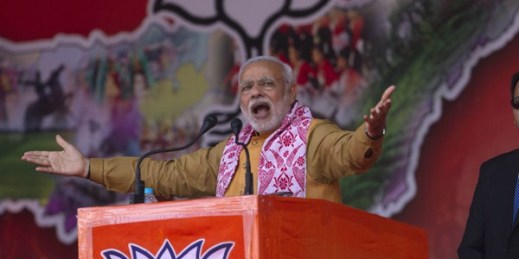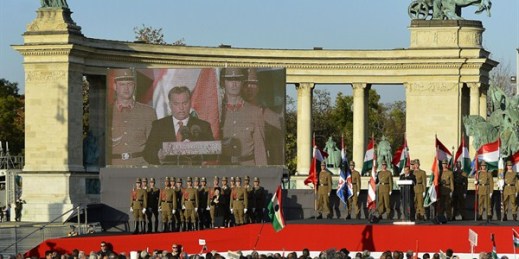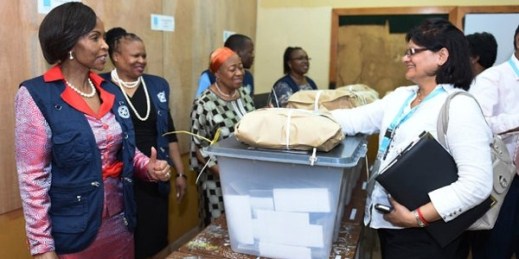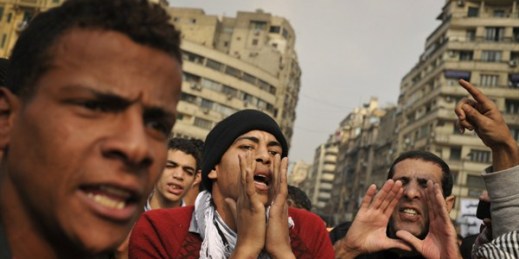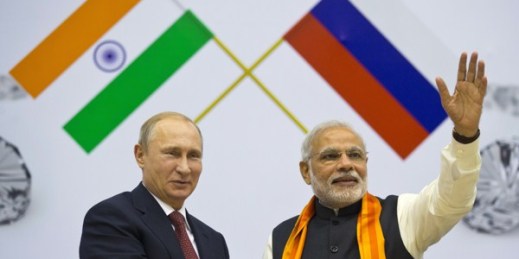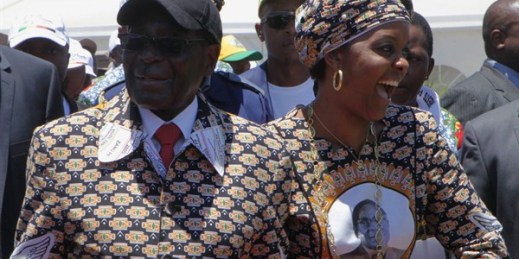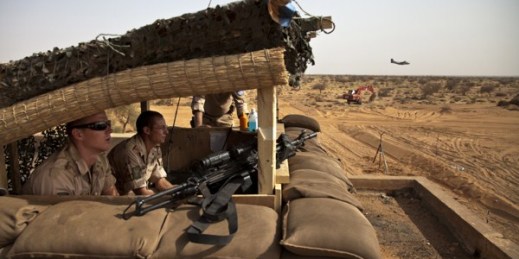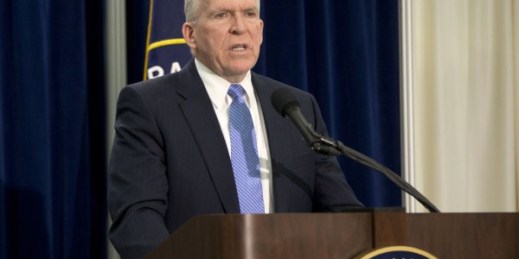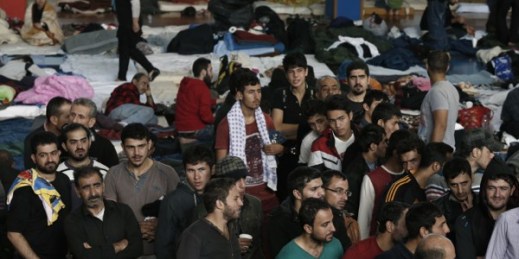
European decision-makers are accustomed to appearing weak. Their collective economic, political and military weight has plummeted in recent years. But they like to think that they retain moral authority. Europe’s governments claim to be virtuous on a wide range of issues. The United Kingdom and the Nordic countries are committed to international aid. Germany is standing up for personal privacy in the wake of the Edward Snowden leaks. France has shrugged off accusations of neocolonialism to intervene in benighted ex-colonies such as the Central African Republic (CAR). Europe may not be a great power, but it wants to do the […]

